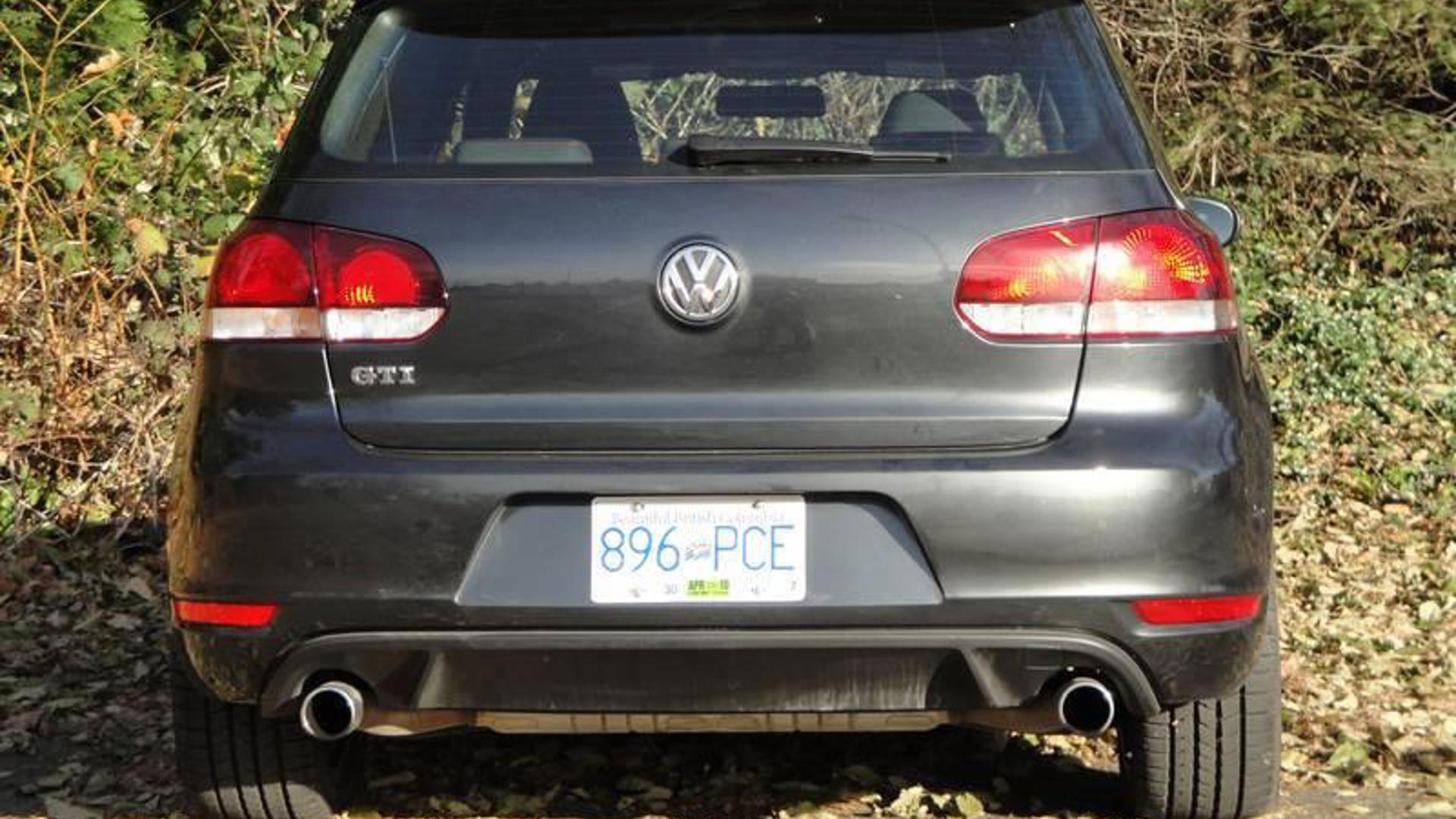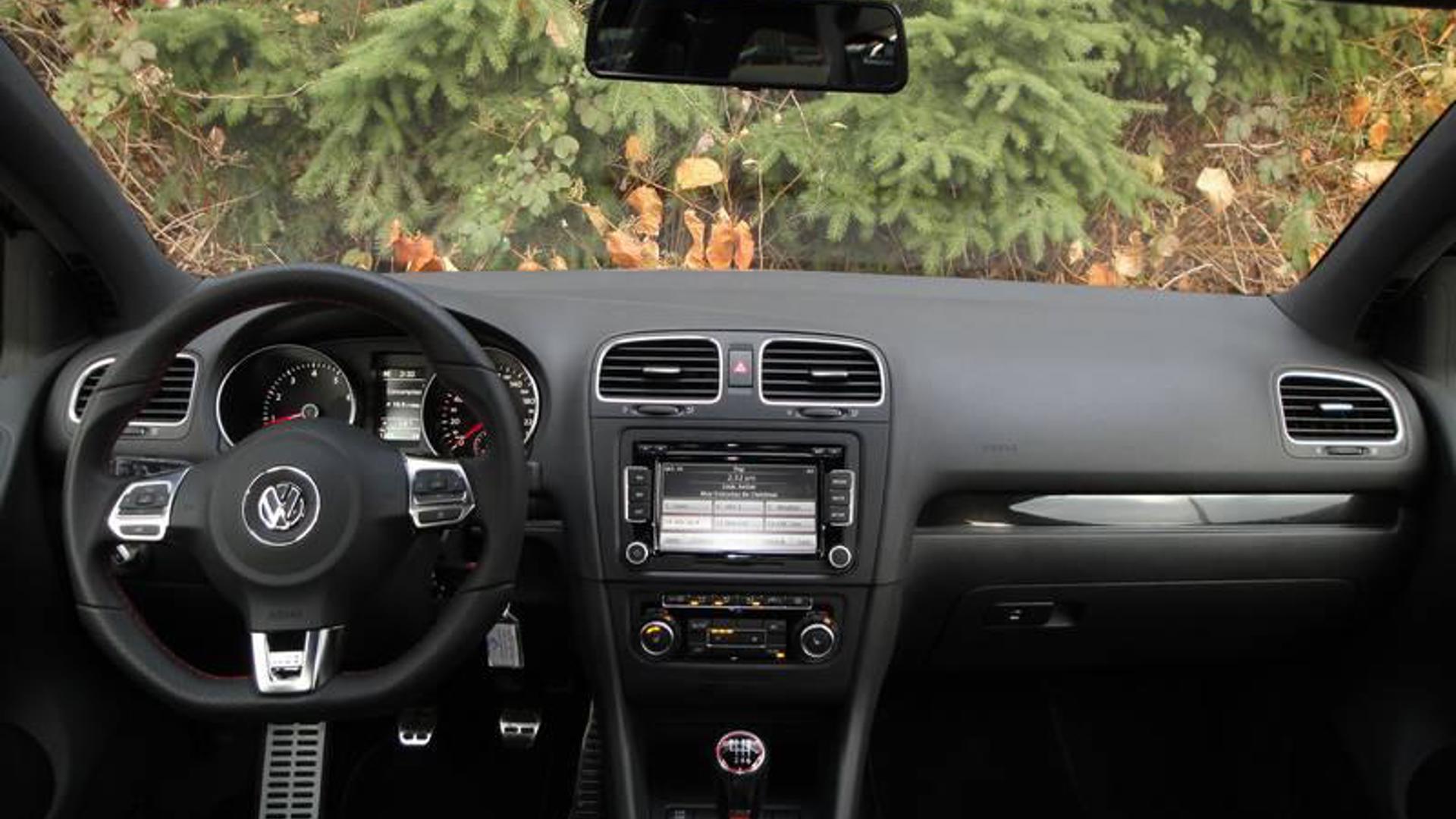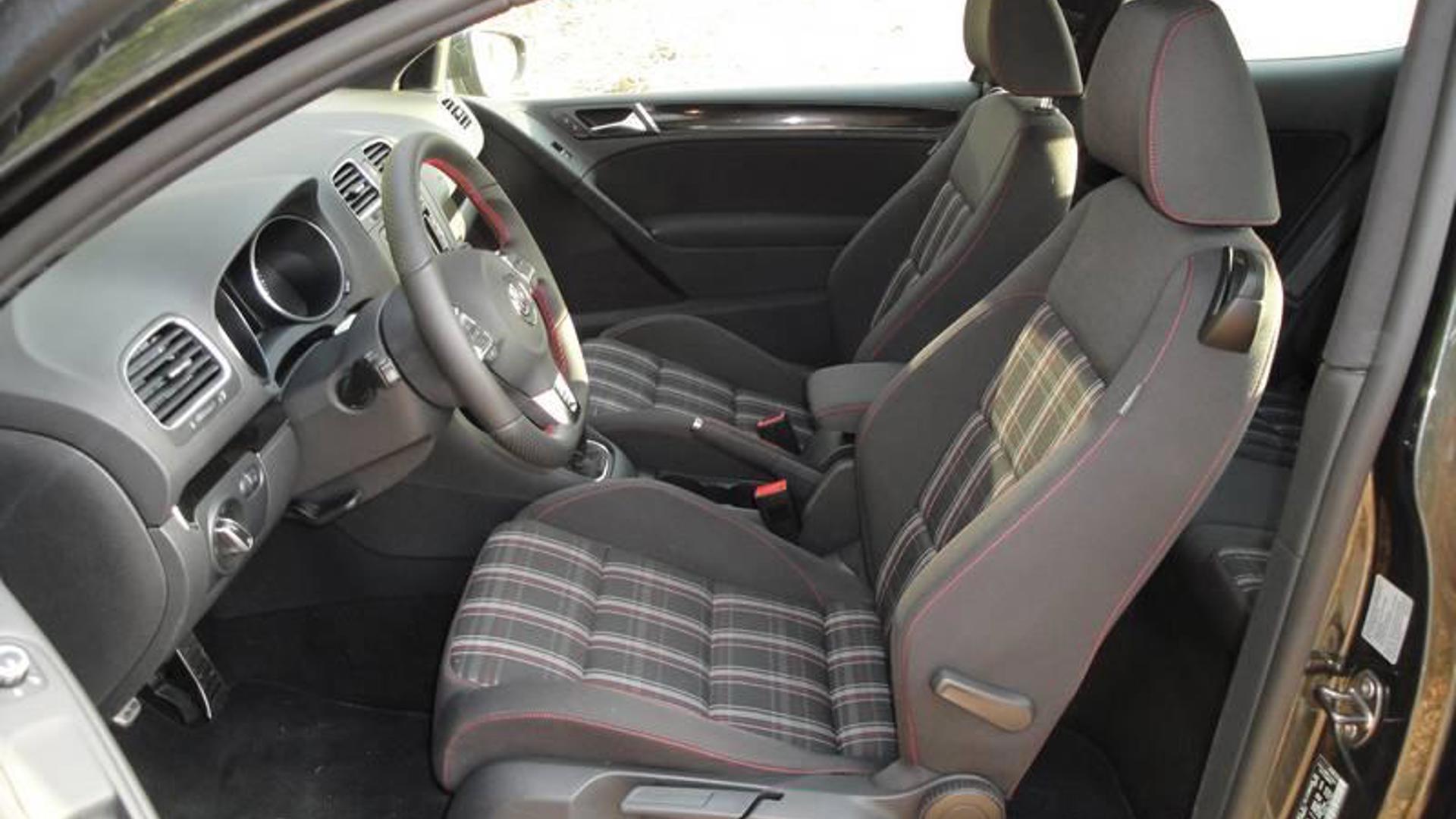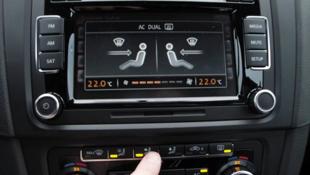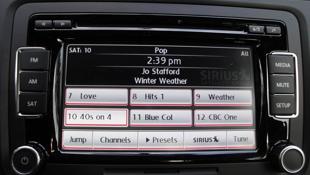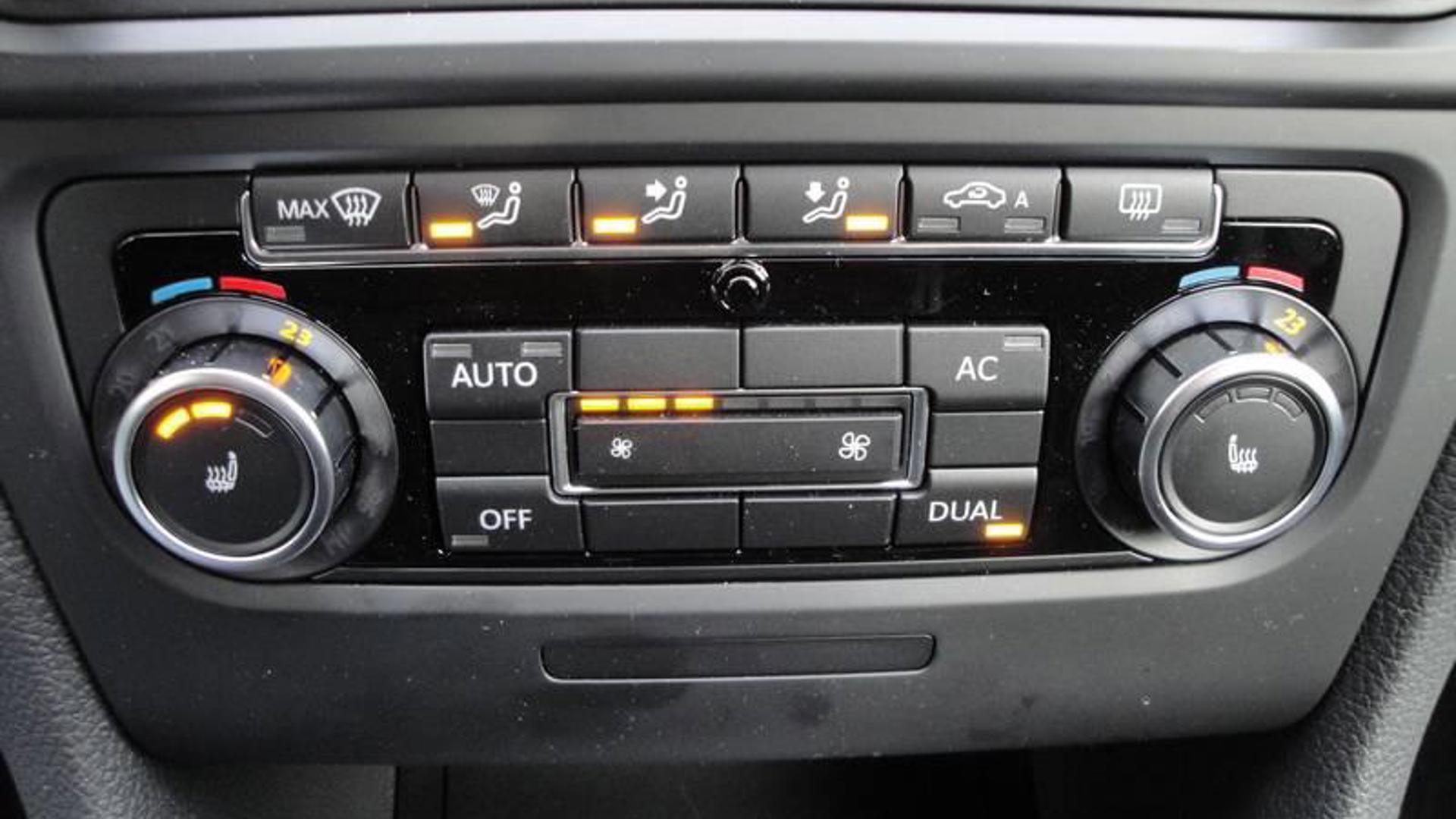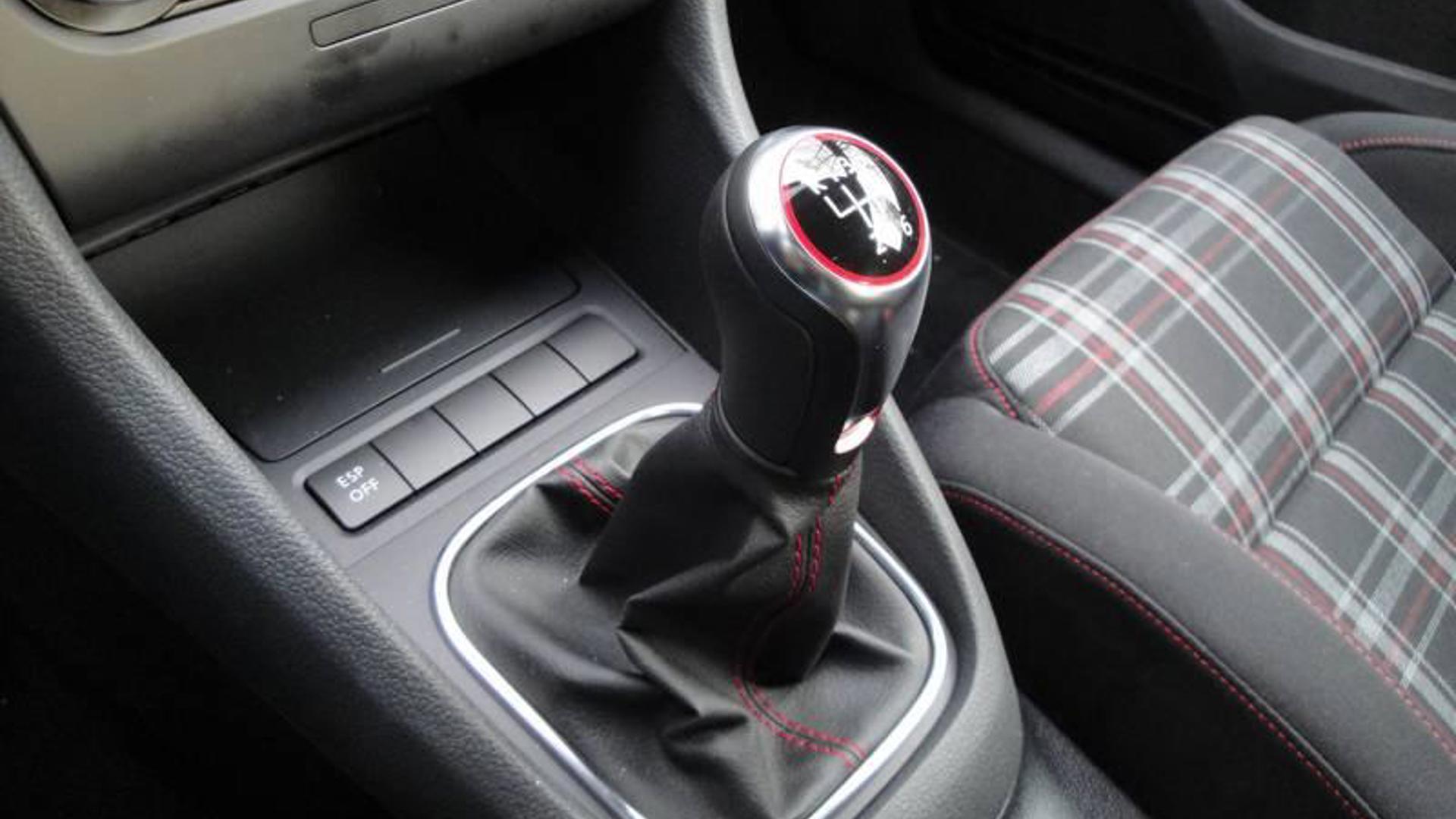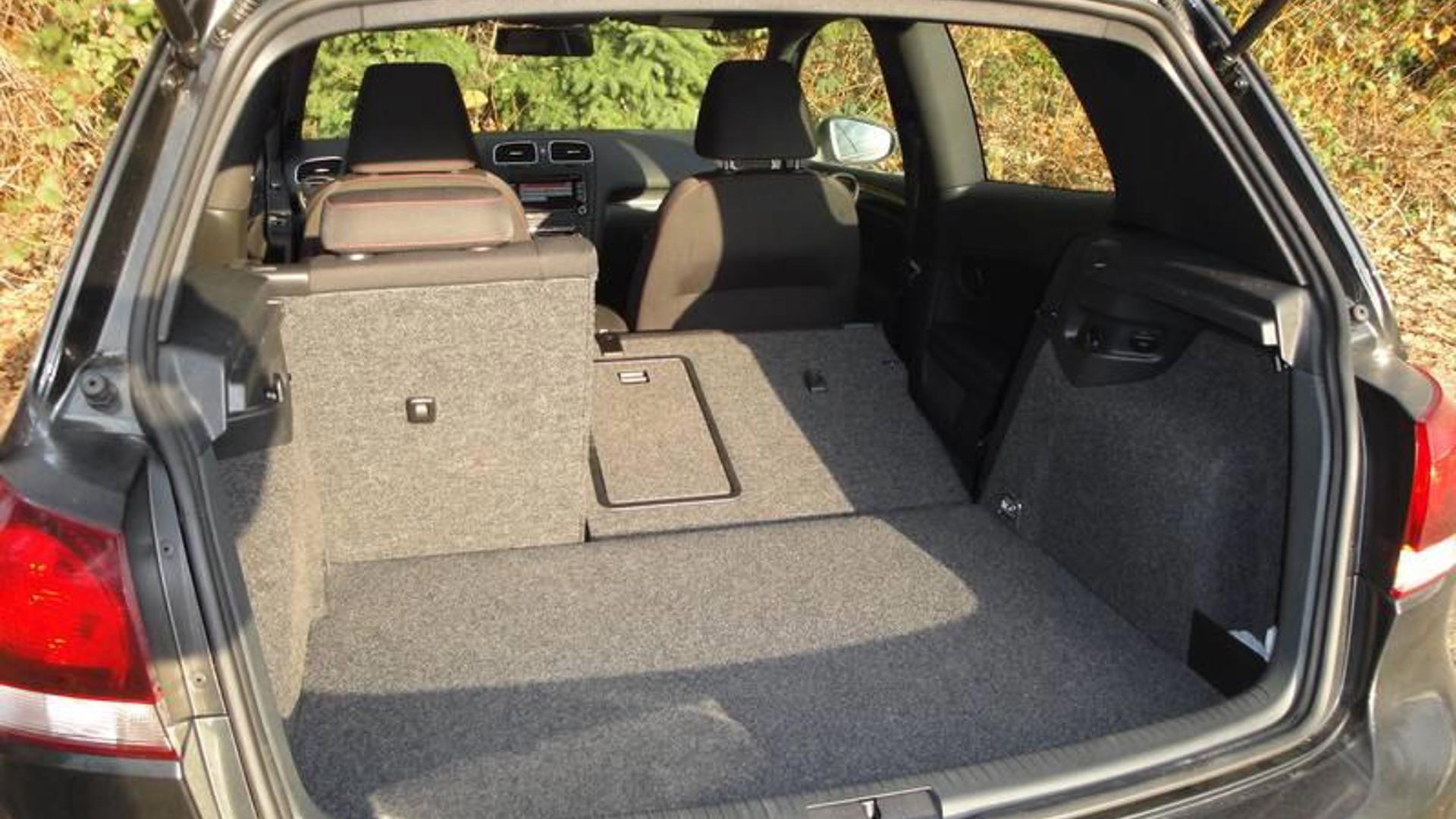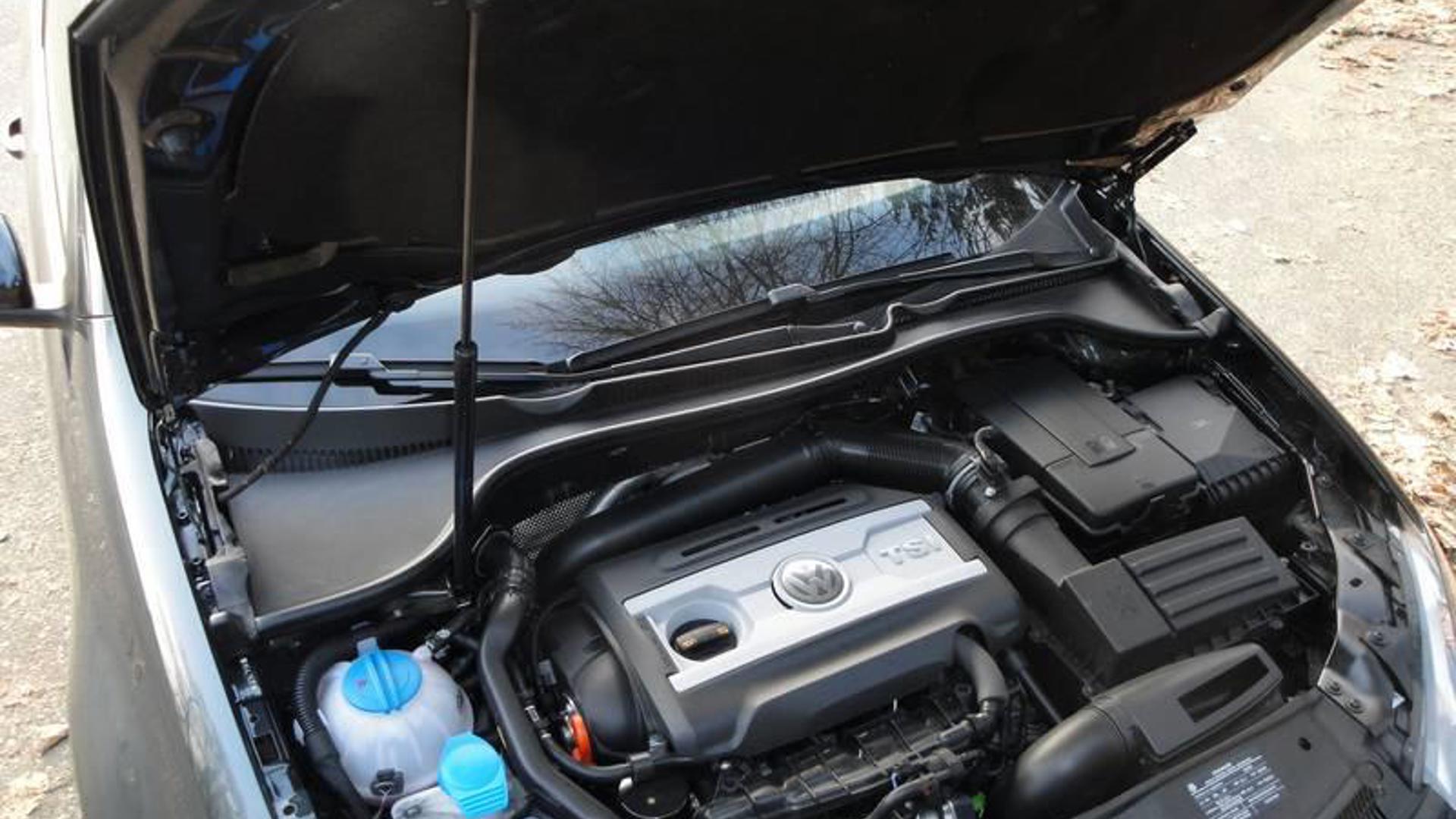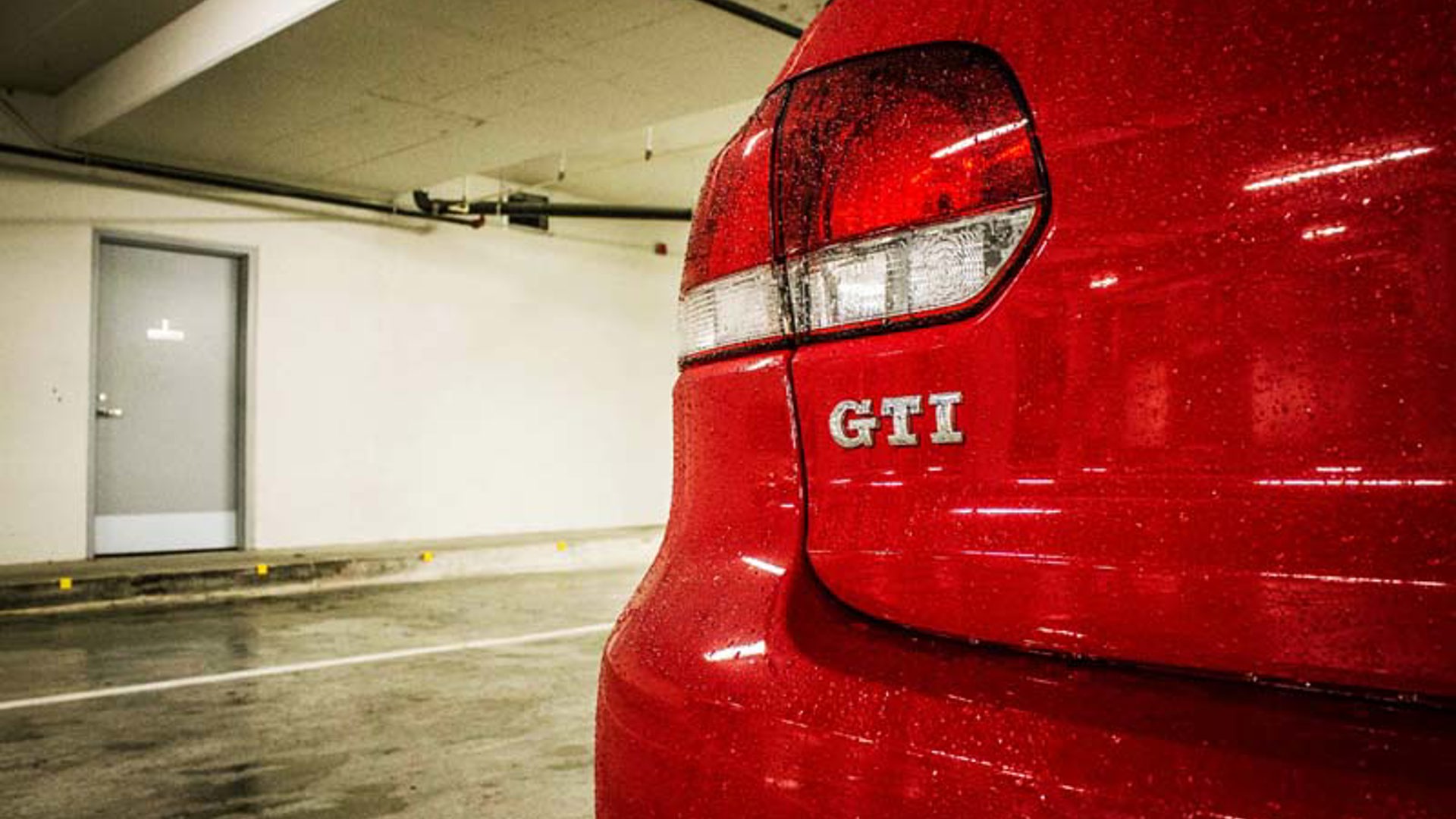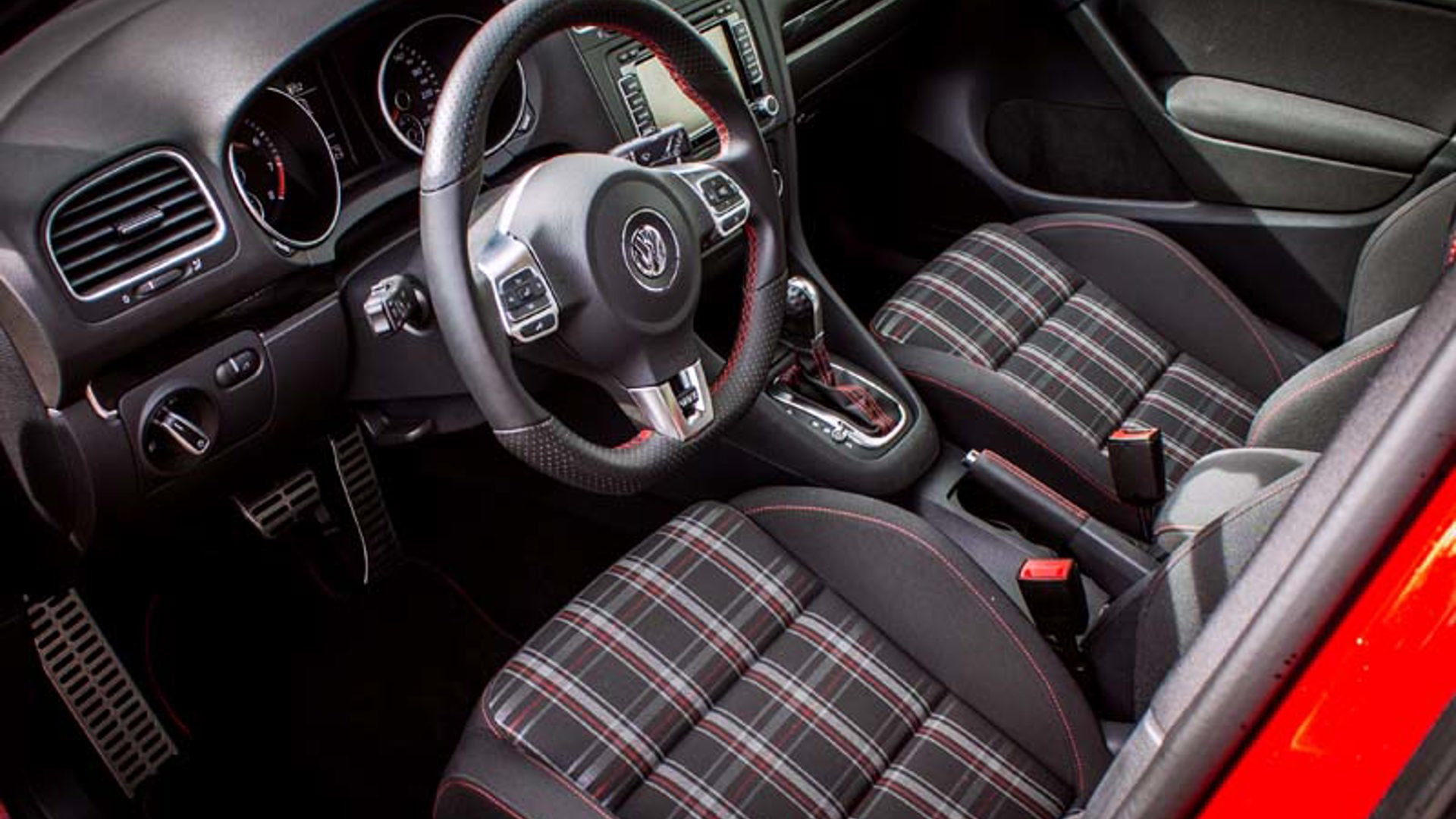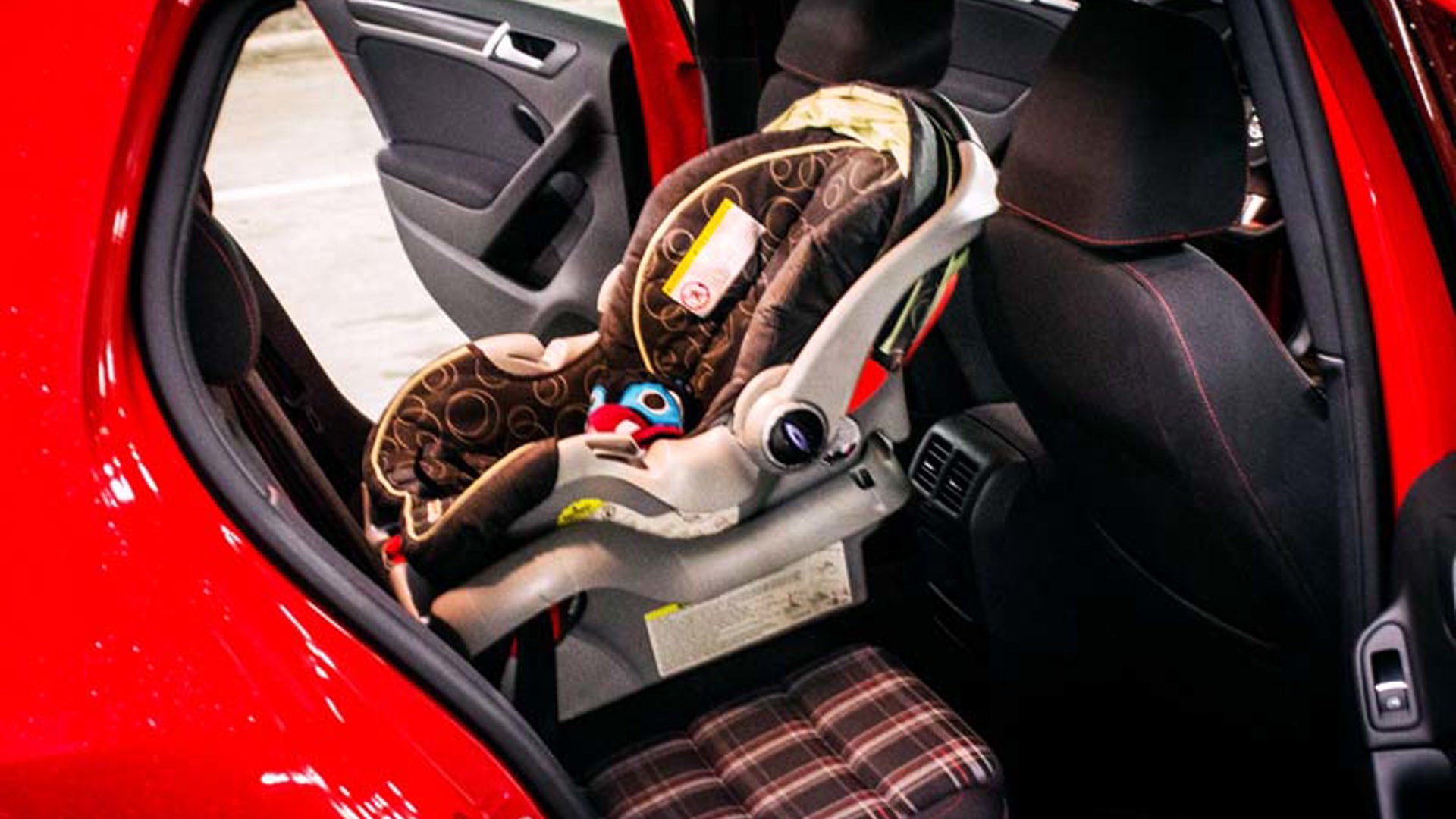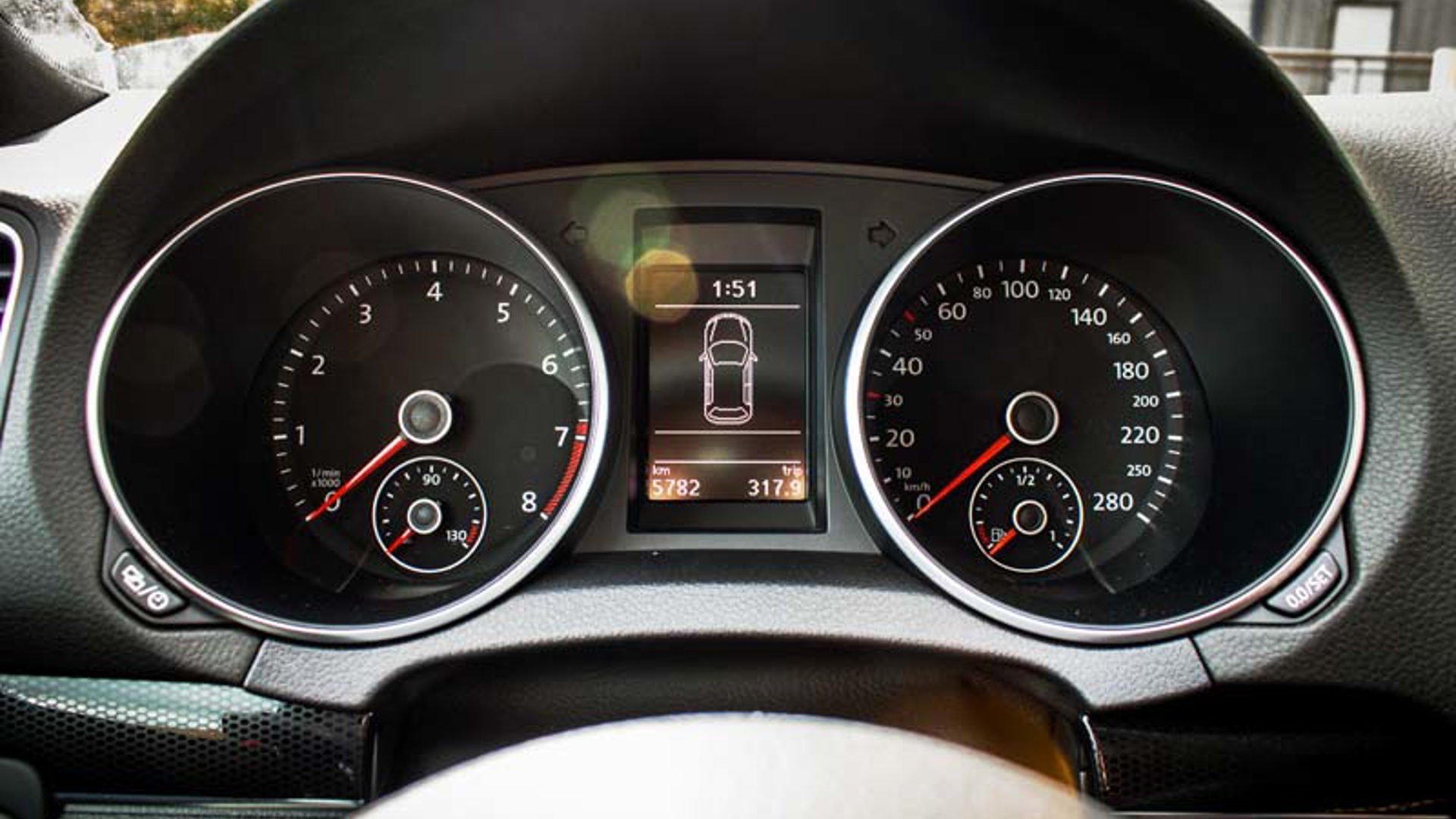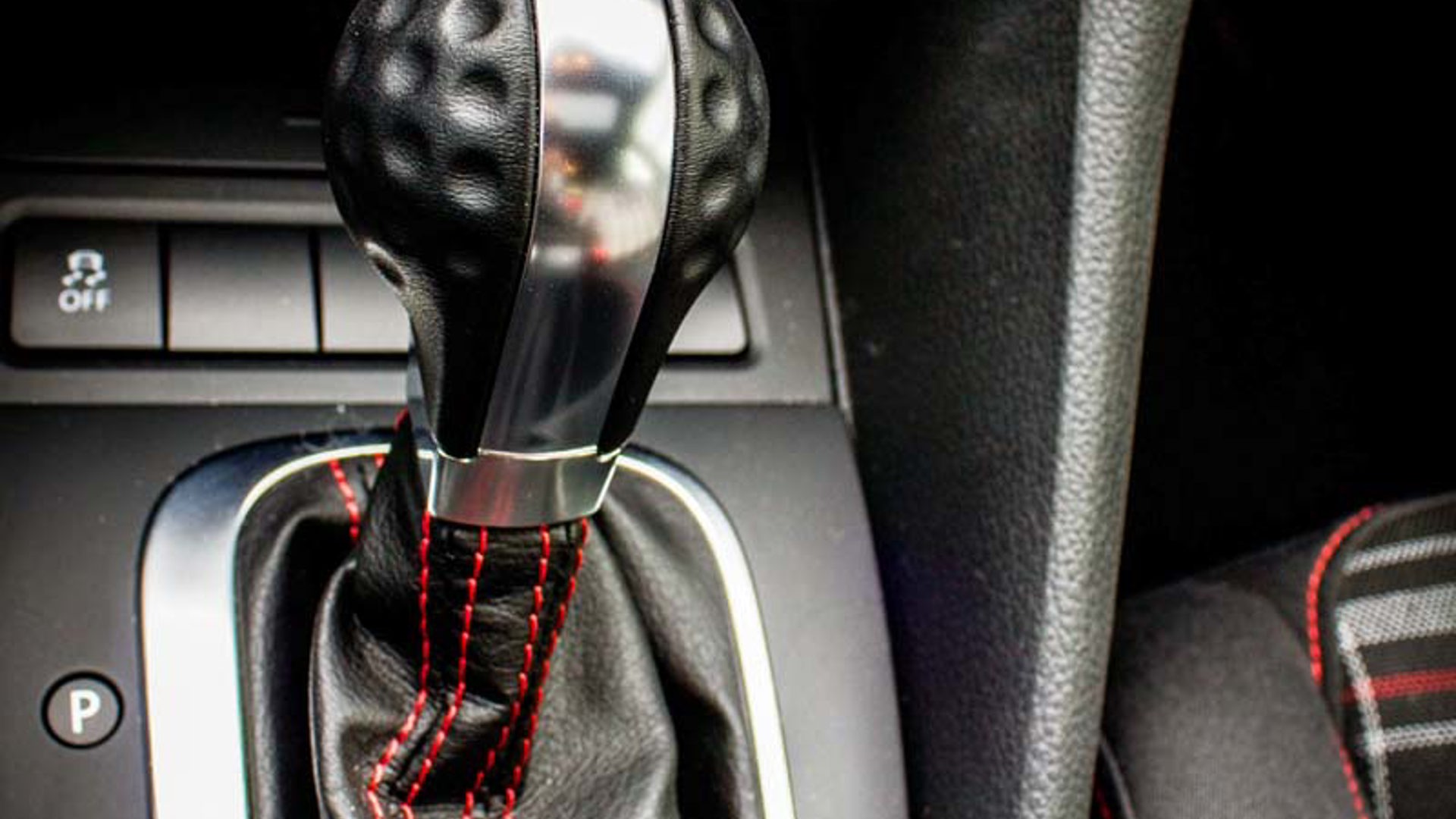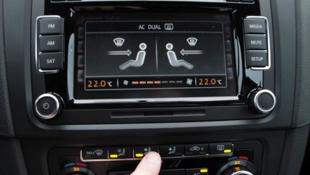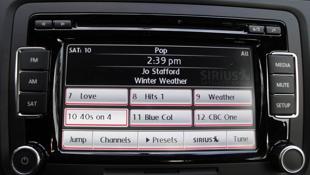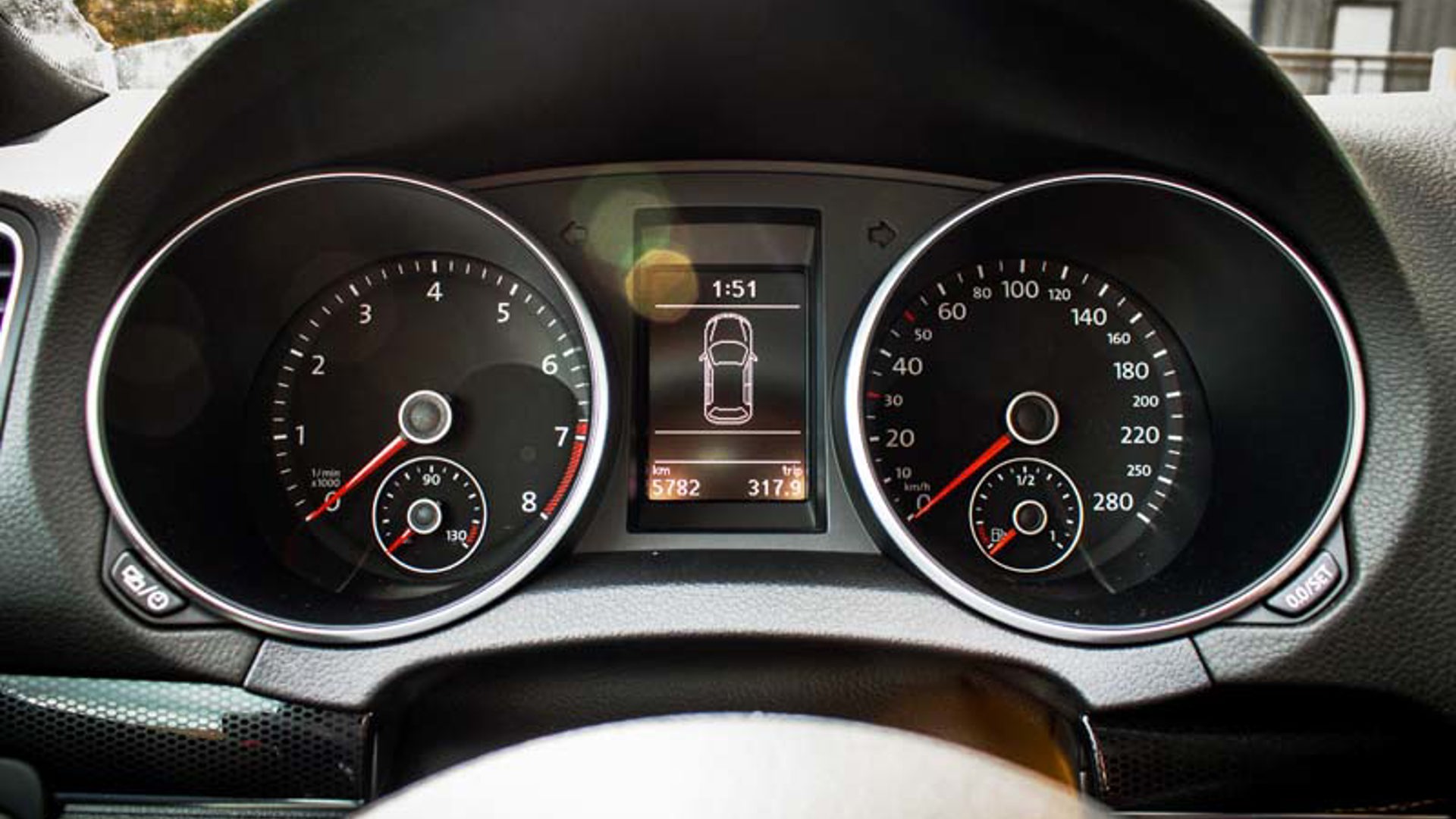Vehicle Type
Compact performance hatchback
History/Description
The sixth-generation Volkswagen GTI hit the Canadian market for model year 2010 with a starting price under $29,000 – bringing the popular German sports car into its latest iteration with selection to spare. Shoppers could choose hatchback body styles with three or five doors, manual or automatic transmissions, and a variety of optional equipment add-ons and packages to suit virtually any need.
Versatile, flexible, and athletic, this fun-to-drive hatch offered a standard turbocharged engine, folding rear seats, and a relatively generous cargo hold. If you’re after a sporty ride that’s easily adapted to just about any voyage or task, or one that can grow with you and your family, the GTI is worth a look.
All units offered five seats and front-wheel drive, and feature content included leather seating, a sunroof, Bluetooth, a back-up camera, automatic climate control, adaptive xenon lighting, and more.
For its upscale sportiness and flexibility, the GTI impressed many owners over the years.
Engines
All units were powered by VW’s award-winning and highly popular 2.0-litre “TSI” turbo engine, an international award winner noted for its smooth operation, refinement, performance, and efficiency. Look for 200 horsepower, backed by even more torque.
Transmission choices included a six-speed manual, or a sophisticated dual-clutch DSG transmission with paddle-shift. The DSG transmission can complete gearshifts in milliseconds with no interruption in power delivery, and a special Launch Control function allows easy access to 0–100 km/h sprints in under seven seconds.
What Owners Like
Most owners love the GTI’s pleasing combination of sporty and efficient performance, everyday friendly operation, and flexible utility – enabled by a relatively generous and versatile cargo hold. An upscale cabin, great on-road manners, and a solid and dense feeling of quality were also reported. Finally, the powertrain seems to be a solid performer that’s pleased many an owner with its punchy acceleration and pleasing sound.
What Owners Dislike
Common gripes include a less-than-impressive standard stereo system, a slight awkwardness to the placement of the pedals, and what some owners call a ride that’s too rough on certain surfaces, and especially on models with larger wheels and thinner tires. Others complain of a loud ride with plenty of road noise, though some have quelled this by installing higher-quality tires when the factory tires wore out.
Here are some owner reviews.
Pro Tip: Direct-Injection Engine Care
Some owners have reported problems with valve gunk accumulations, which are not uncommon in the type of direct-injected engine used in this application (and many others). If the intake valves of the GTI you’re considering are suffering from excessive buildup of valve gunk, the car may exhibit poor performance, difficulty maintaining a steady and smooth idle, lumpy or “jerky” acceleration, or a Check Engine Light (CEL), which may reference a “Misfire” trouble code.
Note that any intake cleaner that can be poured into the GTI’s gas tank will not have any effect on valve gunk buildup, which can only be cleaned with direct contact using special equipment.
Protect yourself from possible valve gunk problems by ensuring the model you’re considering has been religiously maintained, with careful attention paid to oil changes and spark plug replacement. Ensuring the GTI you’re considering has always been filled with Top Tier fuel from a reputable retailer is also ideal.
A pre-purchase inspection (PPI) by a VW technician, with a complete computer diagnostic system scan, is highly recommended before you buy.
The Test Drive
Use Your Ears
The newest GTI you’ll find from this generation is now, at minimum, five years old. As such, be sure to test drive the car with your ears open – noting that unwanted clunking, banging, or popping sounds from beneath the vehicle on rougher roads or bumps are not normal, and typically indicate the need to inspect, service or replace one or more suspension components. If the GTI you’re considering makes any unwanted sounds like these, a technician should assess the suspension system.
Worn-out brakes tend to give themselves away with unwanted noises, too. When driving at a moderate speed (open the windows), note that a scraping, grinding, or loud squealing sound may indicate that the GTI you’re considering needs some attention to its brakes. Ditto if the brake pedal feel is spongy and mushy – like stepping on a bag of marshmallows. Again, unwanted sounds (or sensations) like these should be taken as a sign to have the vehicle professionally inspected.
Air Conditioner
Ensure the GTI’s air conditioner blows cold shortly after it’s turned on. Sub-par air conditioning performance is often caused by a clogged or dirty cabin air filter, which represents a failure of proper maintenance by a past owner. A clogged or dirty A/C condenser, or a refrigerant leak, may also be to blame. Here’s some more reading. And some more. Note that some owners have helped identify a likely cause of this issue as a leaky switch on the A/C compressor, which is a relatively easy fix.
Modifications
The average shopper is best to stick to a used GTI that’s never been modified with non-factory suspension parts, engine parts or programming, or other major aftermarket add-ons. Many owners enjoy modified GTIs on the daily, though poor-quality parts or installation can negatively affect long-term durability and reliability. Proceed with caution if the GTI you’re considering is not in factory-stock condition.
Go 2013 or Later If Possible
Owners of earlier GTI models from this generation have done a solid job documenting a potential problem with the engine’s timing chain tensioner. Here’s some solid background information.
The gist? If this small part (located inside of the engine) fails, then engine damage or failure is likely. Many owners have reported issues, though it’s unclear how common they are against total sales volumes.
Part way through the life of this generation of GTI, VW updated the timing chain tensioner, to a new part. Here’s some additional information from an owner’s forum. The gist? Failure of the timing chain tensioner seems more likely on earlier units, and the owner’s community suggests that a 2013 or newer unit, with the updated tensioner, is best.
Other Engine Issues
In this thread, various possible problems with the 2.0T engine used in the GTI are summarized. You’ll find information on problems with misfiring, bad fuel pumps, ignition system parts, fuel injector failure, fluid leaks, and more. Note that these issues are reported with relative rarity against total sales volumes, and that most are easy to identify and address. Most owners report minimal problems with their GTI’s engine, but if that engine does wind up suffering a problem, you’ll likely find information on how to check for, and address it, in the thread above.
Turbocharger
When maintained and treated properly, the GTI’s turbocharger should last the life of the vehicle. Poor maintenance habits or a failure to adhere to factory-prescribed maintenance schedules can reduce the life of this pricey-to-replace component. To ensure the GTI you’re considering has a healthy turbo, be sure to confirm that the unit has never had an oil change skipped or stretched, and that it’s always been filled with factory-specified engine oil. A technician can also inspect the unit visually for signs of potential issues.
Insist on test-driving the GTI you’re considering from dead cold. When you arrive, touch the tailpipe or muffler and confirm that it’s not warm. Sometimes, a seller will pre-warm a vehicle’s engine before a test drive to conceal a problem.
Start the GTI from dead cold and let it idle without driving for several minutes, until the engine is up to operating temperature. During this process, note that a thick, oily, white or blue smoke from the tailpipes is a strong indication of bad turbocharger seals. If you detect any, you’re likely best to move to another unit.
Oil Leak
Some owners have reported an oil leak from the GTI’s rear main seal, which may be evidenced by a fluid leak visible between the engine and transmission (from beneath). A technician should check for this leak, before you buy, although it’s a relatively rare issue. Here’s some more information. If you’re buying a used GTI as a project car that needs some work, note that changing this seal is easily accomplished when replacing the clutch (or vice versa). Some information suggests that a clogged or blocked PCV valve (which is cheap, and easily replaced) can make a rear main seal leak more likely.
The DSG
If you’re set on a model with the DSG transmission, approach your test drive with an understanding of how that transmission works and feels, as well as an understanding of its maintenance requirements. Confirming that all maintenance has been performed, as per instructions in the owner’s manual, is vital to long-term reliability from this transmission. A visual inspection for leaks or other issues by a professional is also advised. Software updates may be available to address problems with hard or clumsy shifting, though these may also indicate more serious problems. If in doubt, get a technician to check it out (or, go with the less-complex six-speed manual).
Other Checks
Shoppers should ensure the GTI’s cooling system is in sound shape. Confirm the level and quality of the engine coolant, and be sure no leaks are present from the coolant hoses, the radiator, or the water pump. A technician can quickly assess the GTI’s cooling system on a pre-purchase inspection (PPI).
Finally, confirm proper operation of any and all systems and controls within the vehicle that run on electricity – including steering-wheel-mounted controls, all window and lock switches, the central command unit, power seats, stereo system, and more.
Recalls
You can check if any recalls apply to the particular vehicle you’re considering by looking up the VIN on the VW website.
Verdict
In most cases, the GTI’s more commonly reported problems should be easy to identify via a careful and patient test drive, and via a PPI at a VW dealership before your purchase. Ensuring the model you’re considering has been properly maintained throughout its entire life can add plenty of peace of mind, too. For maximum peace of mind, shop carefully for a 2013 or newer unit, and be sure to have it assessed in full by a technician before you buy.
Safety Ratings
IIHS: results here
NHTSA: N/A


